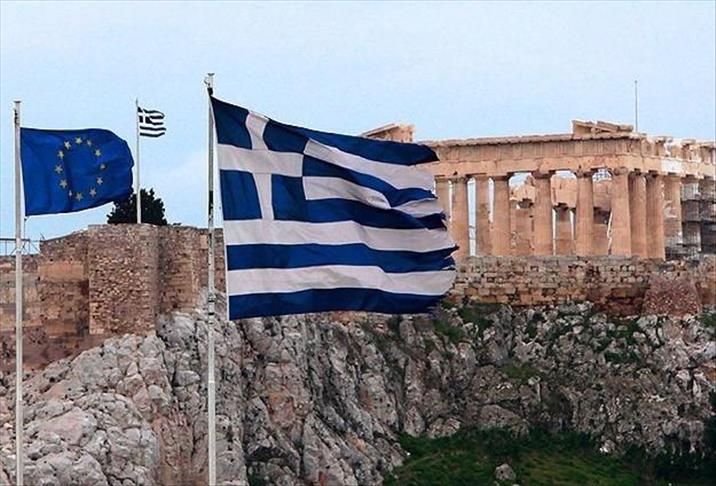
ANKARA
A senior leader of the German ruling coalition has called for a delay in the completion of the Greek bailout deal.
Negotiations between the Greek government and its institutional creditors -- the International Monetary Fund, the European Central Bank and the EU -- are reportedly close to reaching agreement on Monday. A Greek government official told the newspaper Kathimerini that a deal could be concluded by Monday night or early Tuesday. The deal would then be submitted to the Greek parliament for approval on August 18.
Once ratified by the Greek parliament, the agreement would have to also be voted by lawmakers in the other 18 EU parliaments. However, Ralph Brinkhaus, a leader of the German Christian Democrat party which is part of the ruling coalition, said on Monday that the deal should have further clarification before being submitted to EU member state parliaments.
"There are still too many questions that remain open," Brinkhaus said in an interview with Deutschlandfunk Radio. "It's all going very fast, and there is a need for greater clarity. Thoroughness is more important than speed," he said.
Greece must make a €3.2 billion ($3.5 billion) repayment to the European Central Bank on August 20. To make the payment, the Greek government is depending on the completion of the bailout deal.
But Brinkhaus said that bridge financing could be provided to Greece to make the payment even if the deal was not complete. "That would be better than a poorly worked out bailout deal," he insisted.
According to Brinkhaus, one aspect of the deal not yet clear is the involvement of the IMF. The IMF is debating its participation in the Greek bailout, as a fund staff report in July declared that the bailout conditions would not lead to an economic recovery for Greece. A decision is to be announced on the IMF's role in the bailout in September, after a consultation with the fund's board.
The German government considers the involvement of the IMF critical to completion of the bailout deal, Brinkhaus said.
The bailout, as agreed to by the Eurogroup in June, is to include up to €86 billion ($94 billion) in fresh loans. The Greek parliament must pass a number of economic reforms as a condition of the deal, and some of these have already been voted. The complete deal may include further economic reforms, as well as the privatization of assets by the Greek government in order to create a fund for the recapitalization of banks and investment in the Greek economy.
There is still disagreement about how the fund will be managed. Brinkhaus said that the German government would like to see it in independent hands, not in those of the Greek government.
Anadolu Agency website contains only a portion of the news stories offered to subscribers in the AA News Broadcasting System (HAS), and in summarized form. Please contact us for subscription options.

